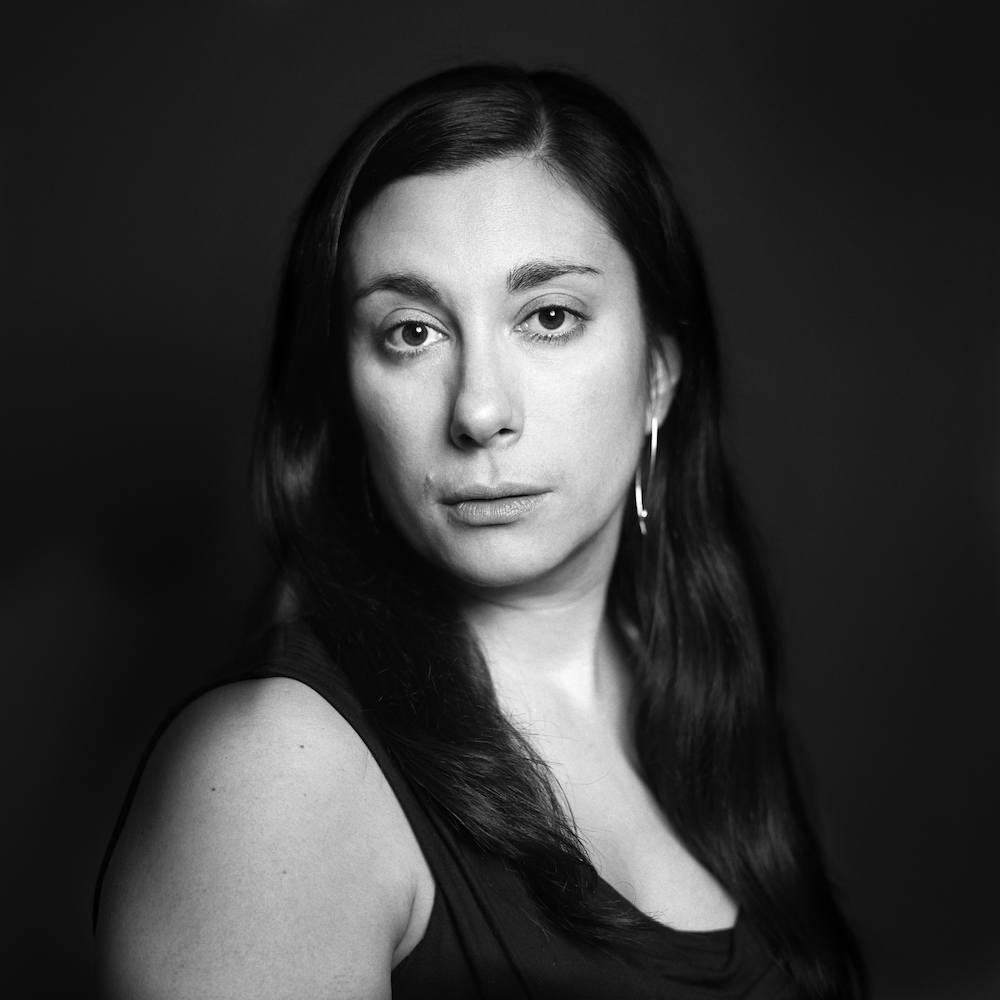ELSIE
Funeral home.
I’m in mourning.
That’s what one says, right?
That’s what one says.
My sincere condolences.
Thank you.
My most sincere condolences.
Thank you.
All my sympathy.
Thank you.
Condooooolences.
Thank youuuuu.
Sincere . . .
Tha . . .
I shake hands because it’s what one does.
I shake hand after hand
so many that I start wondering which one is mine.
Here lies Gabrielle Sauriol—not . . .
not really
Gabrielle Sauriol lies in the Pacific Ocean now.
I’m in mourning.
I’m wearing black.
I shake people’s hands.
I say thank you
because I’m polite.
I’m a well-brought-up girl.
The well-brought-up daughter of Gabrielle Sauriol.
People tell me:
You need to take the time to come to terms with this.
“Come to terms with it”
as if this were a legal dispute.
A piece of me is missing.
My mother
er
I’m sorry
We’ve gathered here today to pay our respects to my mother.
“There are some moments that are beyond us.”
That’s the first sentence on the first page of Haven.
But you knew that.
Everybody knows that.
This here, now: this is a moment that’s beyond us.
We all know that the writing of Gabrielle Sauriol speaks
better than I do.
We all know you’re here for her
and that I
I’m here for a Gabrielle Sauriol you don’t know.
That’s not my mother
the Governor General’s Award, the Man Booker Prize, and all the others
the honorary doctorates
the millions of Twitter followers
the articles in all the magazines
the appointments as writer in residence
that’s not my mother.
My mother is someone else.
I never knew my father.
It’s always just been her and me.
No other family besides her.
My mother
she was the one who read with me late into the evening
pressed right up together in my little bed.
She was the one who knew how to light a fire in five minutes on the stopwatch
those times we got on the road to go to seedy campgrounds
in St. Something on Whatsit
in the Whatever Valley
by the River I Forget What It Was Called.
She was the one who cried
every time she heard Neil Young’s song “Helpless.”
She was the one I clung to as tightly as I could
when I swam in the Pacific for the first time.
My mother isn’t here.
But you know that.
everybody knows that her remains aren’t here today.
She’s decomposing
she’s sinking
she’s being shaken up by the tide
eaten up by the deep-sea creatures.
(Pause.)
That’s macabre.
I’m sorry.
That’s not what you came here for.
You have to read Haven to understand grief.
In Haven
a mother loses her daughter
and I’ve . . .
it’s the same
it’s nearly the same.
In the novel, the mother gets to see the daughter’s body
touch it
in order to really understand that she’s no longer living in that body.
In the novel, they bring her daughter’s body to her
they prove to her that her daughter’s gone.
I sound like I’m in my classroom.
I’m sorry.
That’s not what you came here for.
(Pause.)
Thank you for coming to honor the memory of my mother. For information about any posthumous tributes you’d like to pay to her, please contact Mr. O’Neill, the lawyer for the publishing house.
Have a good rest of your day.
From Havre. © Mishka Lavigne. By arrangement with the author. Translation © 2018 by Neil Blackadder. All rights reserved.











